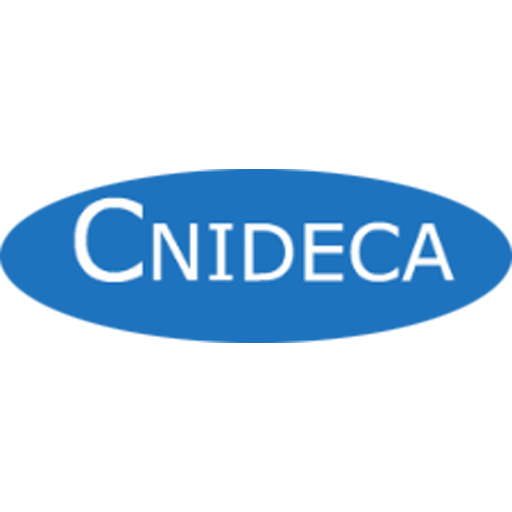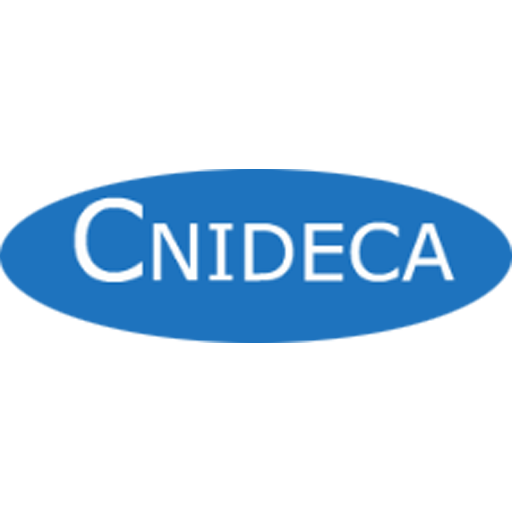CHAPTER 2 – AIMS AND MEANS
Article 2.1. Aim
The National Association aims, in strict accordance with the code of ethics imposed upon its members by the FNCEJ (National Federation of Associations of Experts registered on the lists of the Courts of Appeal or Administrative Jurisdictions) and by the CNISF (National Council of Engineers and Scientists of France):
1) to maintain and pass on the traditions of probity, independence and honourability that must be the rule for all Qualified Engineers working in the service of Justice.
2) to achieve this by imposing a freely accepted code of conduct and of discipline upon its members and maintaining the necessary cohesion between them.
3) to ensure the continued technical competence of its members, who shall work only within their recognised field of expertise.
4) to examine all questions that may relate directly or indirectly to the exercise of the approved or sworn Expert role.
5) to provide its full assistance to the Courts for the exercise of the expert function.
6) to represent its members at all times, in particular with respect to the Legal Authorities and those responsible for the protection of the title of Qualified Professional Engineer, and to defend their collective moral and material interests.
7) to contribute to the action undertaken by the Association aimed at promoting the services of its members within the European Union and the rest of the world.
CHAPTER 3 – COMPOSITION
Article 3.1. – Full Members
The Association admits as Full Members :
– Engineers with a diploma recognised by the FEANI (the European Federation of National Engineering Associations) who are also admitted as approved or sworn Experts by a court of a European Union member-state,
– subscribing former members admitted as honorary members or former Experts with the CNIDECA.
Applications are submitted to the National Bureau for approval according to the report drawn up by the General Secretary or any other member the latter may give such mandate to.
The National Bureau’s decisions are unappealable for a period of three years, after which term members may apply again.
Article 3.2. – Associate Members
The CNIDECA admits as Associate Members Master and Doctorate graduates in the meaning of the European Directive on diplomas and its transposition in national law, provided that it can be established that the degree is in « engineering sciences ».
The CNIDECA may also co-opt as Associate Members, under the conditions defined by its by-laws, if any :
– any person without an engineering diploma recognised by the FEANI (the European Federation of National Engineering Associations) who is however admitted as an approved or sworn Expert by a court of a European Union member-state and has acquired certain and recognised reputation in their scientific or technical fields of competence.
Associate Members may be elected and vote within all CNIDECA’s advisory and deliverative bodies.
Applications are submitted to the National Bureau for approval according to the report drawn up by the General Secretary or any other member the latter may give such mandate to.
The National Bureau’s decisions are unappealable for a period of three years, after which term members may apply again.
Article 3.3. – Correspondent Members
In order that both the courts and the people may benefit from the maximum technical knowledge available, the CNIDECA admits as correspondent members all Engineers with a diploma recognised by the FEANI (the European Federation of National Engineering Associations).
In practice, as such members are in the process of learning the « Proceedings Guidelines » laid down by the rules governing « judicial experts », their services shall be requested by the experts appointed by the courts with respect to the special compentencies under their responsibility.
Corresponding members may only be elected or vote within the Professional Groups.
Applications are submitted to the National Bureau for approval according to the report drawn up by the General Secretary or any other member the latter may give such mandate to.
The National Bureau’s decisions are unappealable for a period of three years, after which term members may apply again.


